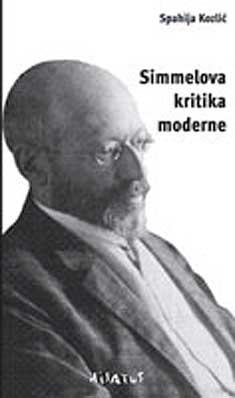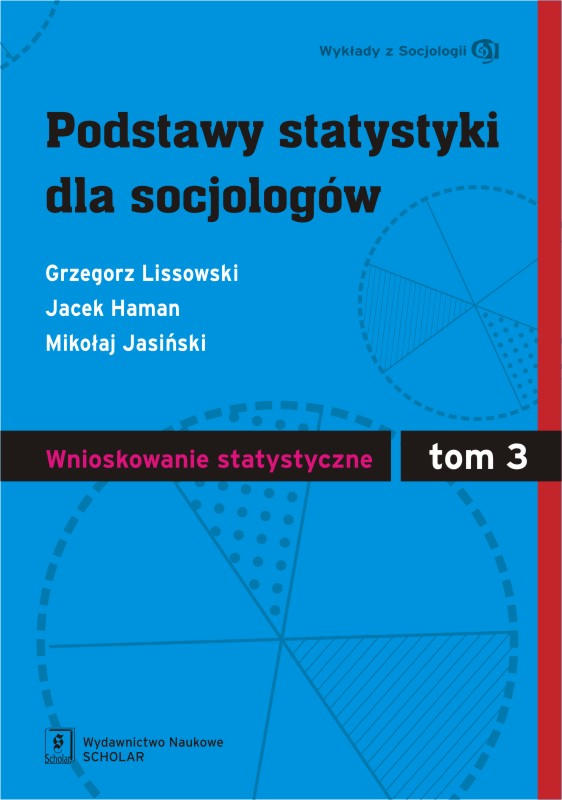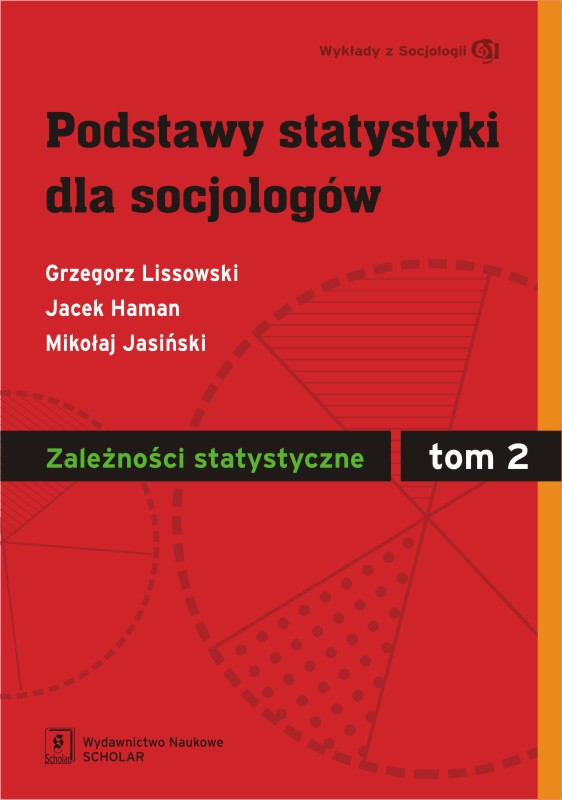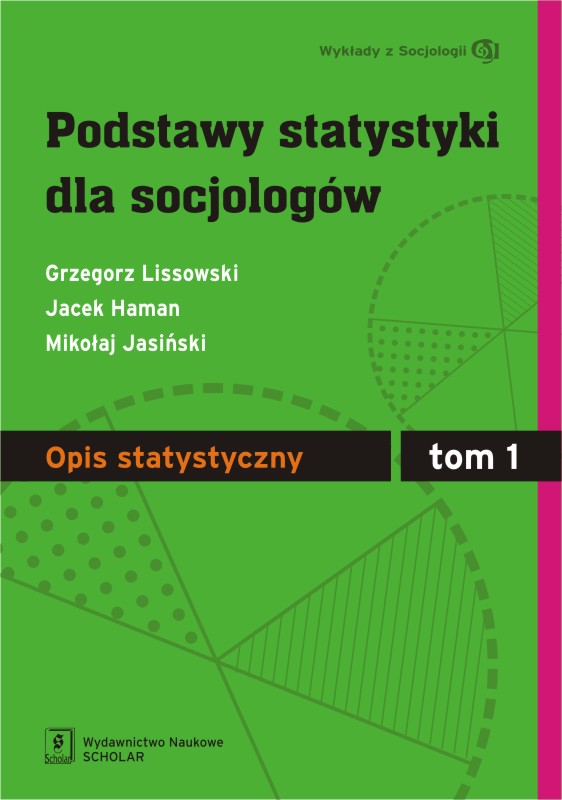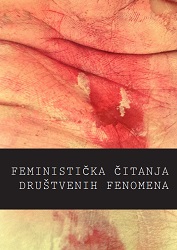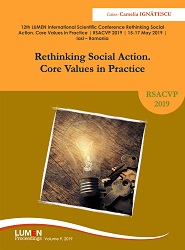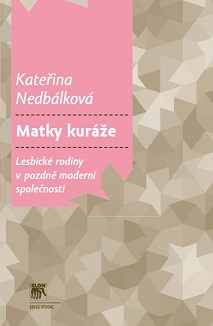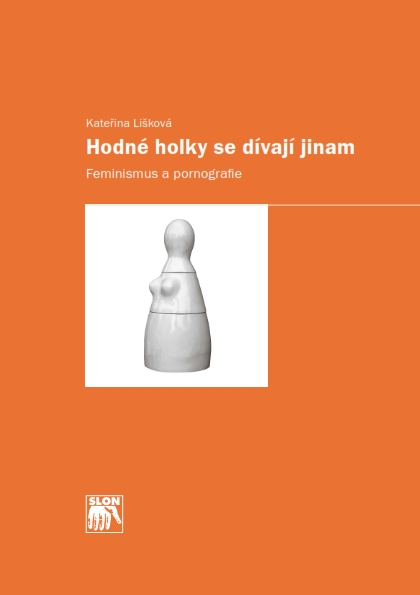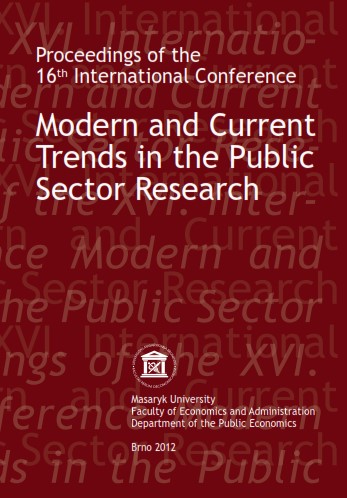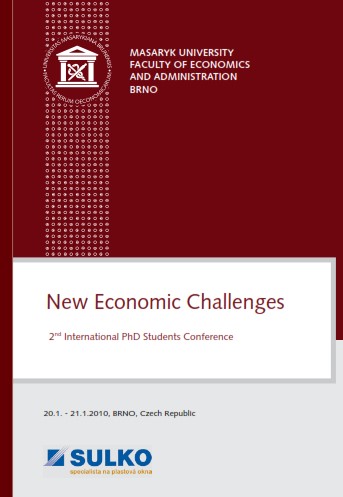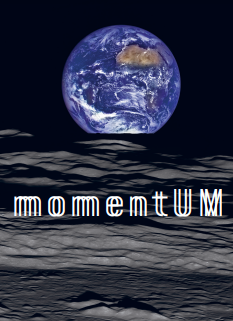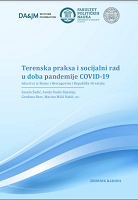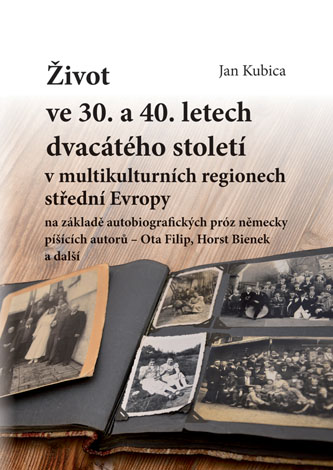Author(s): / Language(s): Bosnian,English,German
This edited monograph addresses the issue of violence against women in the history of Bosnia and Herzegovina from ancient times to the present day. It was created due to interdisciplinary cooperation between a team of historians, sociologists, legal scholars and literary historians. The research team members and chapter authors are Fahd Kasumović, Almir Marić, Dženan Dautović, Amila Kasumović, Minela Radušić, Adnan Jahić, Mirza Džananović, Sabina Subašić Galijatović, Sarina Bakić, and Ajla Demiragić. The book was assembled into one volume by Fahd Kasumović, who served as both the project team leader and the editor. Structurally, it consists of an introduction, ten chapters and a conclusion.Regardless of the multifaceted and long-standing nature of violence against women in Bosnia and Herzegovina, as well as the numerous historical sources that speak about it, violence against women is an issue that has been marginalized in historiography. Existing knowledge is fragmented, and no book examines this issue in an interdisciplinary manner, through different historical eras. Similarly, articles that discuss violence against women are rare. Additionally, the information regarding violence against women found in current research is primarily characterized as peripheral references within wider subjects.This monograph aims to fill this gap and create a scientific basis for future dialogue on this important topic. To achieve the set goal, the authors of the book chapters analysed a large number of primary sources that mention various forms of physical, sexual, verbal, psychological, structural and economic violence against women and girls. The materials that formed the foundation of this research were written in various languages, such as Latin, Ottoman Turkish, Arabic, German, English, French, Bosnian, Croatian, and Serbian.The research is focused on issues such as historical background of the culture of violence against women, the mechanisms that contributed to the reproduction of violence within patriarchal societies, power relations, the identity of the perpetrators and victims of violence, the circumstances under which violence was committed, the sociocultural construction of attitudes towards violence and women, variations in attitudes towards violence in different cultural environments, the sanctioning of violence against women, the attitudes of women themselves towards violence and, in particular, how victims have tried to oppose this phenomenon. In examining the aforementioned issues, considerable attention is directed towards the different historical viewpoints and discourses on violence against women.The book also has its social goal. It aims to contribute to the social dialogue on the elimination of various forms of violence against women, the promotion of the culture of non-violence and gender equality, and the empowerment of women and girls; these are also the goals outlined in the UN Sustainable Development Strategy. The editor and team members planned to help reach these objectives through public lectures, discussion groups, and workshops based on this book's content.
More...
